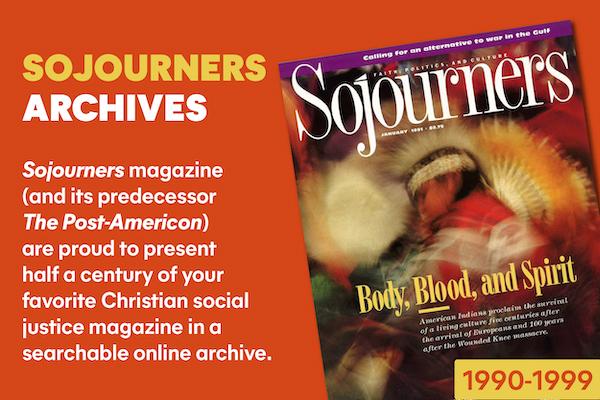As the winter yellow grass holds up gray-black branches, silently testifying to the annual season of death, we make our way with the flickering light of Epiphany. We still hold one arm around unconsolable Rachel, whose arms are empty and whose tear-filled eyes are looking back over her shoulder. Another arm is wrapped around Mary, whose arms are filled with the fragile promise of new life, and whose hopeful eyes are looking ahead. This journey into Epiphany is made slowly, for neither Sister Grief nor Sister Promise can walk quickly.
Christmas proclaimed the presence of the light. Epiphany calls us to spread the light on the journey. Epiphany means "manifestation." We see the light of Christ as it is manifest from the crib of Jesus in Bethlehem to all the nations. "A light for revelation to the Gentiles" (Luke 2:32) is the Bible's shorthand way of saying that Christ's mission is to the whole world. Epiphany stories reach out to the world through the coming of the Magi, Jesus' baptism by John, the call of the first disciples, and the beginning of Jesus' ministry.
The welcome mat is set out. The front porch light is left on to welcome foreigners, local fishermen, city priests, Roman soldiers, and Greek tourists. There are no limits placed on this love born at Christmas.
Nancy Hastings Sehested was pastor of Prescott Memorial Baptist Church in Memphis, Tennessee when this article appeared.
January 3: A Love We Can Touch
Jeremiah 31:7-14, Ephesians 1:3-6, 15-18, John 1:1-18, Psalm 147:12-20
Read the Full Article

